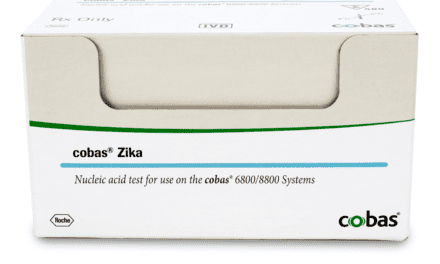
The checklist focuses on tests that are based on complex mathematical models incorporating large numbers of measurements from “omics” assays. “Omics” refers to the comprehensive study of sets of related molecules, such as genes, proteins, or metabolites, in a biological sample.
“Our ultimate goal in creating this checklist is to develop a more efficient, reliable, and transparent process to move omics assays from promising research results to clinically useful tests that improve patient care and outcomes,” says Lisa McShane, PhD, Biometric Research Branch, NCI, and first author on both articles.
The checklist will be used to guide all relevant NCI-supported clinical trials and is recommended for use in trials funded by others.
The criteria on the checklist cover issues relating to specimens, assays, mathematical modeling, and clinical trial design, along with related ethical, legal, and regulatory matters. It is hoped that the criteria will help guide investigators toward the use of best practices in the development of omics tests and their use in clinical trials. The checklist article and a related explanation and elaboration were published in Nature and BMC Medicine, respectively, on October 17.
Today’s omics technologies can provide detailed characterization of disease states and have the potential to predict clinical outcomes more accurately and indicate which therapies are most likely to be beneficial.
These technologies are being used particularly often in oncology, because cancers are known to be driven by mutations and other molecular changes that can be detected with omics methods. However, the heterogeneous nature of cancer presents difficulties in detection of cancers, determination of prognosis, and selection of therapy. Although a few omics-based predictor models have become clinically useful tests, turning an omics assay from a test that is useful in research into a test acceptable for clinical use requires a rigorous development and validation process, with attention to the complexities of omics assays and their application to clinical specimens.
Some omics-based tests have been advanced prematurely for use in trials to guide decisions about patient treatment. These situations led to calls for examination of the field of translational omics. Building on recommendations from an Institute of Medicine study, NCI and its collaborators developed 30 criteria that should be addressed to determine the readiness of an omics test for use in a prospective clinical trial. These criteria apply to any clinical trial involving the investigational use of an omics test that will influence decisions about the clinical management of patients in the trial.
Although it is not expected that exploratory studies using omics assays, or studies conducted in the early stages of omics test development, will meet all of the criteria, the checklist should be broadly useful as a convenient framework with which to assess the stage of development of an omics test and the strength and quality of the accumulated evidence that supports its use.
References:
Lisa M. McShane, Margaret M. Cavenagh, Tracy G. Lively, David A. Eberhard, et al. Criteria for the use of omics-based predictors in clinical trials. Nature. Oct. 17, 2013. DOI: 10.1038/nature12564.
Lisa M. McShane et al. Criteria for the use of omics-based predictors in clinical trials: explanation and elaboration. BMC Medicine. Oct. 17, 2013.
[Source: NIH]





